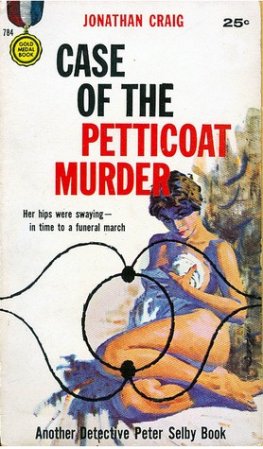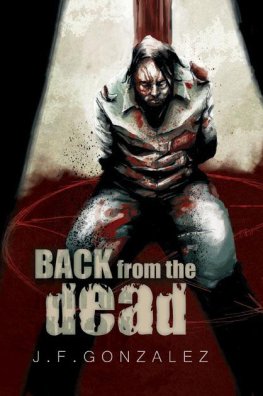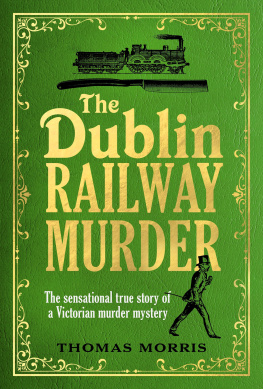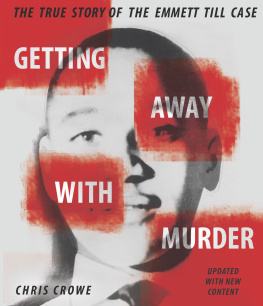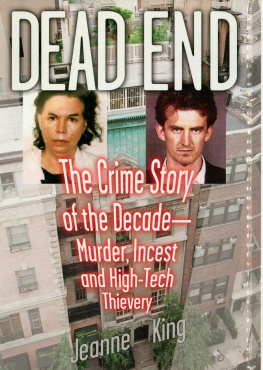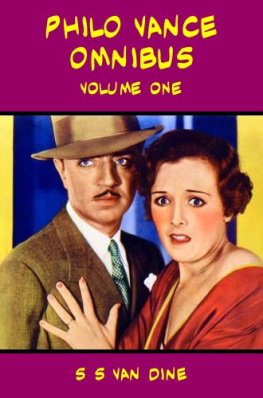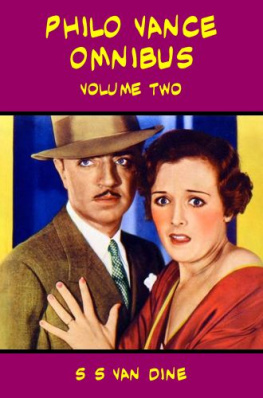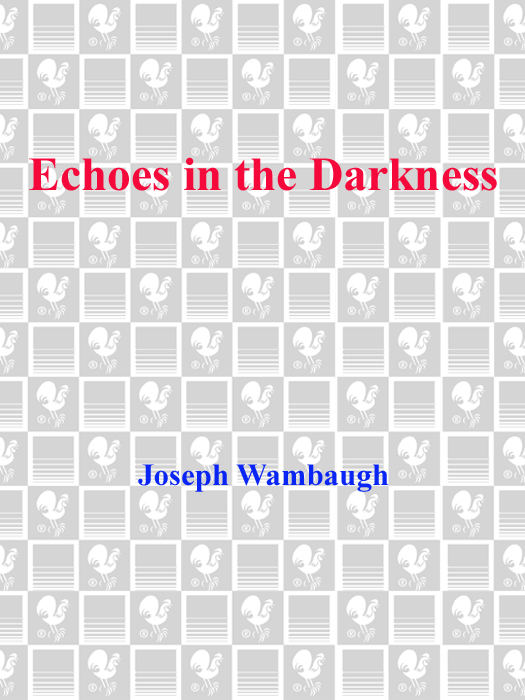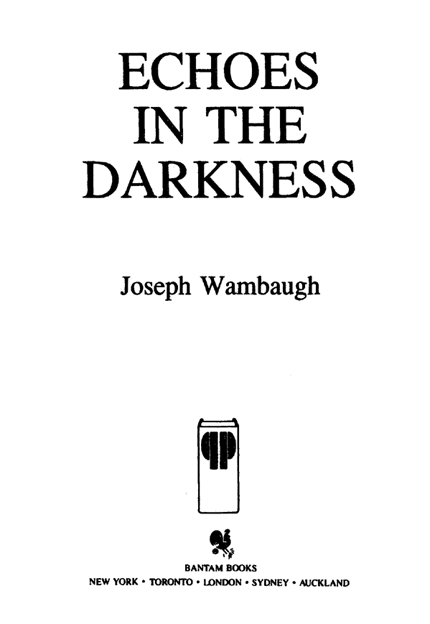NEWSPAPER HEADLINES FOR A SHOCKING MURDER CASE AND AN ALMOST PERFECT CRIME
SEX RING LINKED TO MURDER, SWINGERS GROUP PROBED. State police have uncovered explosive new evidence in the Susan Reinert murder case linking the Upper Merion teacher to a bizarre sex ring.
SATAN CULT DEATH? The murderers of Upper Merion High School teacher Susan Reinert may have been members or associates of a Satan worship cult, investigators have told reporters. Mrs. Reinert may have been stripped, tortured and sexually assaulted as she lay on a makeshift sacrifice altar
THE ABCS OF A SCHOOL GONE BAD. At least four teachers are currently under investigation for criminal offenses according to a police source. And as many as a dozen more are suspected of involvement with, or knowledge of, a love cult.
ARE REINERT CHILDREN WITH SMITHS DAUGHTER? One of the cops had a very cynical and grim answer to that one. He said, You bet they are. By then, most of them believed that the children were in a ditch.
ECHOES IN THE DARKNESS
Impressive Wambaugh quickly latches onto the twin themes of manipulation and deception that pervaded just about everything the two men did in the months and years before and after the killings.
Philadelphia Inquirer
Wambaugh is a master of the crime genre and he deftly handles the twists and turns of the intricate plot.
Library Journal
This edition contains the complete text
of the original hardcover edition.
NOT ONE WORD HAS BEEN OMITTED .
ECHOES IN THE DARKNESS
A Bantam Book / published in association with
Perigord Press / William Morrow and Company, Inc.
PUBLISHING HISTORY
Morrow / Perigord Press edition published February 1987
Ezra Pound, Personae. Copyright 1926 by Ezra Pound.
Reprinted by
permission of New Directions Publishing Corporation.
Bantam / Perigord Press edition / October 1987
All rights reserved.
Copyright1987 by Joseph Wambaugh.
Library of Congress Catalog Card Number: 86-23708
No part of this book may be reproduced or transmitted
in any form or by any means, electronic or mechanical,
including photocopying, recording, or by any information
storage and retrieval system, without permission in
writing from the publisher.
For information address: Perigord Press, William Morrow and
Company, 105 Madison Avenue, New York, NY 10016.
eISBN: 978-0-8041-5067-5
Published simultaneously in the United States and Canada
Bantam Books are published by Bantam Books, a division of Bantam Doubleday Dell Publishing Group, Inc. Its trademark, consisting of the words Bantam Books and the portrayal of a rooster, is Registered in U.S. Patent and Trademark Office and in other countries. Marca Registrada. Bantam Books, 1540 Broadway, New York, New York 10036.
v3.1_r2
Gothic: a late 18th century and early 19th century style of fiction characterized by historical and picturesque settings, an atmosphere of mystery, gloom, and terror, supernatural or fantastic occurrences, and violent and macabre events.
The Random House Dictionary
I mate with my free kind upon the crags;
the hidden recesses
Have heard the echo of my heels,
in the cool light,
in the darkness.
E ZRA P OUND
Prologue
There was always a taste for Gothic in the original colonies, particularly in that historic territory that lies west of Philadelphia, and east of Lancaster where Amish farmers still resist the 20th century.
Schoolchildren of the commonwealth of Pennsylvania are told that the springtime explosion of red, white and blue on the mournfully lovely countryside was caused by the sacrifice of Revolutionary dead. The tulip is blood-scarlet, the dogwood bone-white, the iris a visceral blue. Thus, the flora is a memorial to the patriots, or so the schoolmasters say.
The haunt of history is everywhere. The Main Line of the Philadelphia commuter train slashes east and west near the old battleground where soldiers wrote of corpse-eating wolves that could outhowl the wind. Local schoolchildren envision bloody footprints in the snow, and gaunt specters with ice-locked muskets, their feet wrapped in rags, led by General Washington who denied himself shelter so long as his starving soldiers had to sleep in the wilderness.
Its a land of splendid trees. When William Penn arrived in 1682 he marveled at the trees: black walnut, cedar, ash, hickory, sassafras, beech. The oaks are formidable: red, white and black. Some trees, 250 years old, are local treasures. There are ancient buttonwoods, yellow pines, firs and red maples. And of course, theres hemlock.
A great oak still stands that was used as a gibbet after the Battle of Brandywine where in 1777 Washington suffered a defeat. The wretched victims of the gibbet were spies, or so their executioners claimed. Their white dangling bodies turned iron-gray and then black against the colorless sky and parchment leaves of that hanging oak.
Not surprisingly, its a land of antiques and collectors. Tables in Main Line mansions and manor houses are often made of split slab, with round legs set in auger holes. Ancient nails of all kinds are treasured collectibles, some shaped like tiny piano mallets.
This was a land of forges and furnaces. Iron was always cherished. There is an abidingness about iron, a settler wrote, and most things made from it. Its impossible not to feel this abidingness along The Main Line.
Youngsters from all over America come here to attend prestigious prep schools and academies. For higher learning theres Swarthmore, Haverford, Villanova, Bryn Mawr and others, as well as several seminaries marked by split-rail or white-pine or iron gates, surrounded by native trees that turn bronze and fiery during Indian summer. The trees lie side by side with pretty autumn flowers whose names are sinister: red-hot poker, white snakeroot. Its hard to miss the taste for Gothic.
One can be lulled by a sense of the abidingness on suburban roads, especially on cloudy days when vivid colors are muted, and cheerful light shines from a Georgian mansion, a French chteau, a colonial manor house. Theres something reassuring about the craft and labor thats turned so many ancient carriage houses and barns and stables into enduring homes of brick, stone and cedar. But just past any turn in the road, there might be another kind of structure made of the local moss-green stone called serpentine. A slated spire or iron-gray vaulted arch might loom suddenly. Itll only be a church or public meeting house or a distant manse, but the medieval stone undermines the pastoral in this heartland of Friends, as the English Quakers were called.
Perhaps the Gothic Revival was inspired by the mercenaries who brought the warrior arts. German professionals taught the citizen soldiers the value of cold steel at the end of a musket. Bloodied French veterans scoffed at tales of Lafayettes gallantry. They massacred for money. In the early days native Indians were never certain whether they should murder for the invaders or risk being murdered


